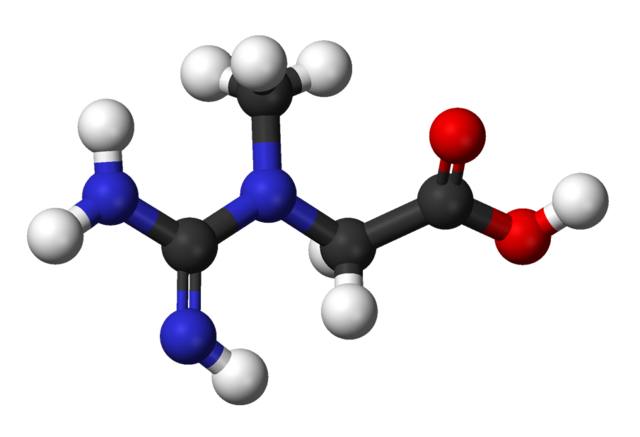How to Enhance your Resistance Training Regimen with a Protein Supplement
Over the past few weeks, we’ve been really drilling down and taking a look at how a protein supplement can enhance your workout and aid your muscles in recovery to give you better results. We’ve recently added a protein supplement option to the bottled water that we provide at Vertex Fitness, and we wanted to know how and when protein should be administered to give our clients the best results. We’ve looked at the science of how protein affects your workouts and how it affects your metabolism using research from premiere institutions of exercise science. Today, we’re going to look at how to enhance your existing resistance training regimen using a carbohydrate and protein supplement.
Muscle Mass Changes as We Age
The bad news is that muscle loss is coming for all of us. In his paper “Enhancing Resistance Training Results with Protein Carb Supplementation“, Wayne L. Westcott, Ph.D., found that “In inactive adults, muscle mass decreases by 3% to 8% per decade after age 30 years and by 5% to 10% per decade after age 50 years, averaging about 1 lb of muscle loss per year after the fifth decade of life. Reduced muscle mass is largely responsible for reduced resting metabolism, which is typically accompanied by increased fat accumulation.”
The science behind this is simple: your metabolism is the amount of calories you burn just by being alive. The more muscle mass you have, the more you burn naturally on your own. This keeps you slimmer, even while intaking the same amount of calories through food. This is a big factor in why folks find it so easy to put on weight as they get older.
The good news is that you can counteract the effects of natural muscle mass loss through a resistance training program. According to Westcott, this is at the rate of “approximately 1 lb per month increase in lean weight during the first several months of strength training”. If you picture a five pound bag of sugar, that’s quite a difference.
Why You Need to Protein Supplement
Protein accounts for about 22% of a muscle’s tissue, with water accounting for most of the other 78%. This makes sense—that’s why meats are so high in protein. So while you knew protein was important to building muscle, some might assume that they are naturally eating enough anyway. After all, the American diet is full of meat. However, what Westcott found is that “The Recommended Dietary Allowance (RDA) for adults of all ages is 0.36 g of protein per pound of body weight or about 55 g of protein per day for a person who weighs 150 lbs. People older than 50 years who perform resistance exercise need at least 25% more protein than the RDA level to maintain their muscle mass and 50% more protein than the RDA level to increase their muscle tissue.”
So, it’s not enough to just eat your regular diet if you want to maintain your regular levels of protein. Epecially not if you are trying to increase it, such as when you want to build muscle. A strength training session breaks down the protein in your muscles faster than it is synthesizing. This gives you several hours of a net negative protein balance. This is not ideal, because what you really want is a surplus. Similar to other studies we’ve looked at, Westcott recommends consuming protein either just before or just after a workout.
The Role of Carbohydrates
Now, the role of carbohydrates here is a bit more complicated. Some studies have shown that protein alone is effective in increasing muscle. Others say that adding carbohydrates does not increase postexercise muscle protein synthesis. A review by Jay Hoffman, Ph.D., concluded differently, saying that ‘‘the combination of carbohydrate with protein or amino acids in a supplement may contribute to a more effective protein uptake and enhanced synthesis rate of muscle protein.’’ (Hoffman J., “Protein intake: Effect of timing”. Strength Cond J. 2007.)
Still a third point of view states that “‘Carbohydrates play a limited role in protein synthesis (but) are vital to replenish glycogen stores diminished from prolonged or high-intensity exercise’’. (Poole C, Wilborn C, Taylor L, Kerksick C., “The role of post-exercise nutrient administration on muscle protein synthesis and glycogen syntheses“. J Sports Sci Med. 2010). While experts disagree on the role of carbs, some studies indicate that adding just milk or eggs could help. You might not need to seek out carbohydrate-specific supplements.
In summary, according to our source, “The available evidence indicates that desired resistance training results, such as muscle development, strength gain, and fat loss, may be enhanced by consuming supplemental protein/carbohydrate in close time proximity to the workout session”. This can be as simple as having a piece of chicken and a can of our protein supplement on the way out the door. Either way, the benefits are undeniable.
Request a complimentary first session at Vertex Fitness, Voted the BEST Personal Training Studio on the Main Line
Click HERE and we will schedule a session to try it yourself








Article Comments